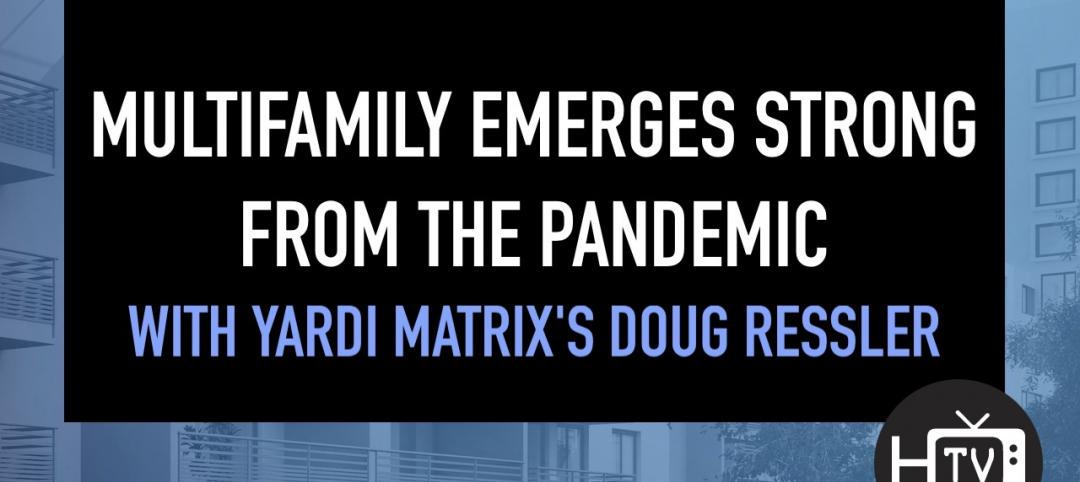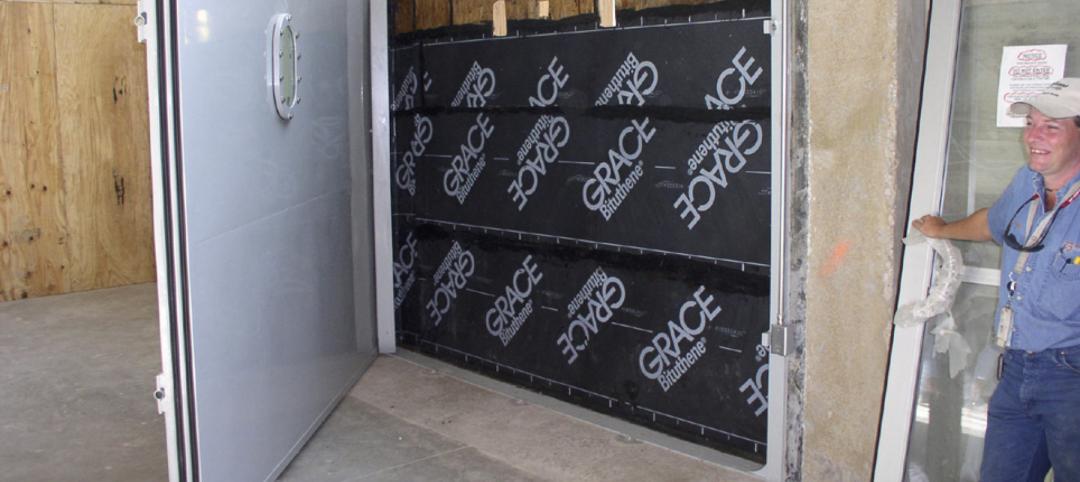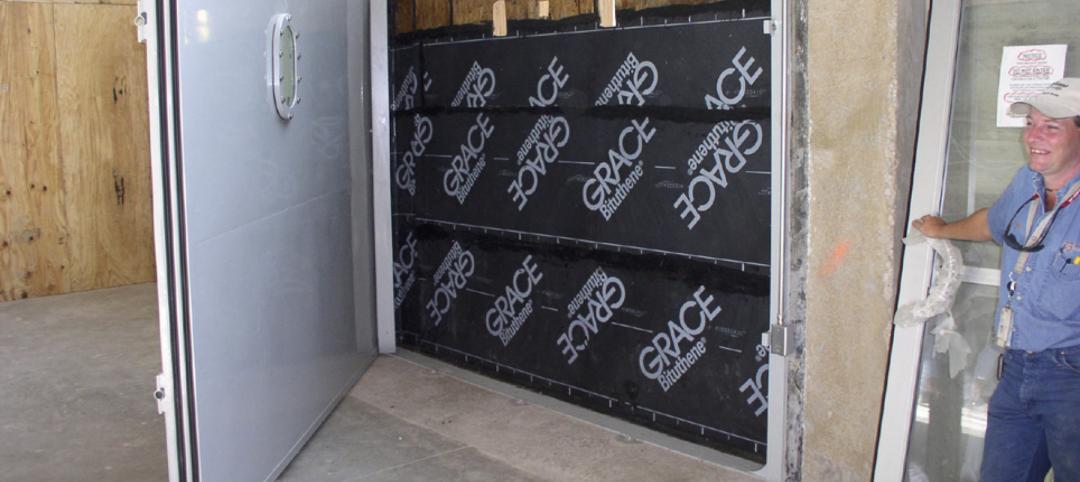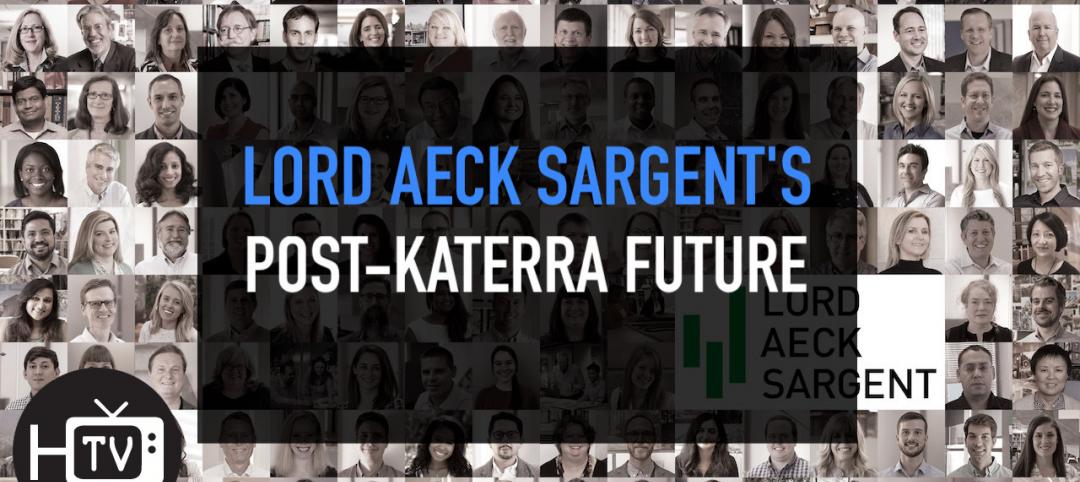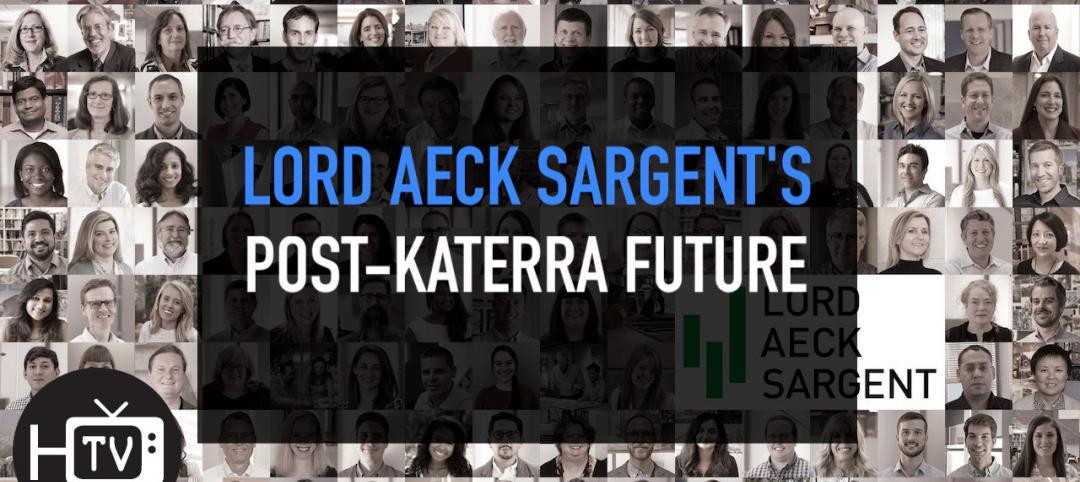Note: This article originally appeared in BD+C's April 2013 AIA/CES course, "Advanced Controls and Exterior Tactics for Better Illumination." This free class is available on BD+C University.
“We don’t specify LEDs,” says Avraham Mor of Lightswitch Architectural. “We specify solid-state luminaires and lamps (SSL) that use LEDs.”
Mor’s correction of this common misuse of the term “LED” is significant, because a problem associated with SSL is often just a problem with a specific LED product. “SSL is the only source to use when trying to meet energy reduction goals while maintaining the look and feel we typically work toward,” he says. “We have had great success, but it takes a great designer and client to manage the entire process.”
In fact, many complaints about LEDs are often attributable to the SSL, and vice versa, leading to complaints about a technology that sometimes fails to meet expectations. But SSL, as Mor says, is really the future of energy reduction; with careful design and specification, it is also the present.
PNNL’s Naomi Miller points to the myriad benefits of LED technology: “Higher lumens-per-watt than fluorescent, good lumen maintenance over time (in some cases better than fluorescent), long life compared to CFL or metal halide, and excellent color compared to almost any conventional light source.” She adds that the small form factors mean LEDs are richly accommodating, allowing designers enormous creative flexibility with space, configuration, and color.
Lumen Architecture’s Nelson Jenkins says blanket substitutions aren’t necessarily a good strategy, however: “Not all LED products match the quality of the other sources we specify.” In addition, price is still an issue. “We find that while the cost of LEDs has come down, they tend to be more expensive than, for instance, a halogen version. But the up-front cost for LEDs can often be offset by the energy savings and reduced maintenance.” Jenkins suggests explaining to clients that SSL will require re-lamping less often—an especially strong selling point in vaulted spaces or exterior applications.
Ultimately, the SSL category is a work-in-progress, not a panacea. “LED is certainly very popular, and many designs would not be possible without it,” The Lighting Practice’s Stephen Hoppe says, referring to exterior applications. “But ceramic metal halide also provides great color rendition and warmth and can often be as efficient as LED.”
James Benya of the California Lighting Technology Center, UC-Davis, has concerns about how codes and standards may be affecting the market for products and systems, particularly LEDs. He hopes to see energy codes and sustainable building standards that do not promote particular technologies.
“The current trend shows a rush to use LEDs,” warns Howard Brandston, founder of Brandston Partnership. “One must determine if LED is the right choice after sifting through the qualities of all the alternate products. There is no change in the design process,” he concludes, “just an additional product to select from.”
Related Stories
Multifamily Housing | Aug 19, 2021
Multifamily emerges strong from the pandemic, with Yardi Matrix's Doug Ressler
Yardi Matrix's Doug Ressler discusses his firm's latest assessment of multifamily sales and rent growth for 2021.
Resiliency | Aug 19, 2021
White paper outlines cost-effective flood protection approaches for building owners
A new white paper from Walter P Moore offers an in-depth review of the flood protection process and proven approaches.
Resiliency | Aug 19, 2021
White paper outlines cost-effective flood protection approaches for building owners
A new white paper from Walter P Moore offers an in-depth review of the flood protection process and proven approaches.
Urban Planning | Aug 16, 2021
Building with bikes in mind: How cities can capitalize on the pandemic’s ‘bike boom’ to make streets safer for everyone
Since early 2020, Americans have been forced to sequester themselves in their homes with outdoor activities, in most cases, being the sole respite for social distancing. And many of people are going back to the basics with a quintessential outdoor activity: biking. Bike sales absolutely skyrocketed during the pandemic, growing by 69% in 2020.
Senior Living Design | Aug 13, 2021
Designing with dignity for senior living, with Mike Rodebaugh, LEO A DALY
In this exclusive interview for HorizonTV, Mike Rodebaugh, AIA, Senior Living Sector Leader with LEO A DALY, describes how his firm applies "hospitality magic tricks" in its senior living communities, using design to lend dignity to residents, staff, and residents' families and social circles.
Architects | Aug 5, 2021
Lord Aeck Sargent's post-Katerra future, with LAS President Joe Greco
After three years under the ownership of Katerra, which closed its North American operations last May, the architecture firm Lord Aeck Sargent is re-establishing itself as an independent company, with an eye toward strengthening its eight practices and regional presence in the U.S.
Architects | Aug 5, 2021
Lord Aeck Sargent's post-Katerra future, with LAS President Joe Greco
After three years under the ownership of Katerra, which closed its North American operations last May, the architecture firm Lord Aeck Sargent is re-establishing itself as an independent company, with an eye toward strengthening its eight practices and regional presence in the U.S.
Office Buildings | Aug 4, 2021
‘Lighthouse’ office tower will be new headquarters for A2A in Milan
The tower, dubbed Torre Faro, reimagines the company’s office spaces to adapt to people’s ever-changing needs at work.
Multifamily Housing | Jul 30, 2021
Multifamily housing for a post-COVID world
A trio of multifamily design experts presents concepts for post-pandemic apartment developments.
Architects | Jul 23, 2021
NCARB releases demographic breakdown of licensing exam pass rates
The organization is launching initiatives to figure out what’s causing disparities among candidate groups.



